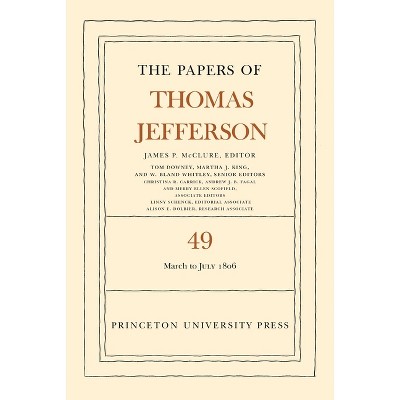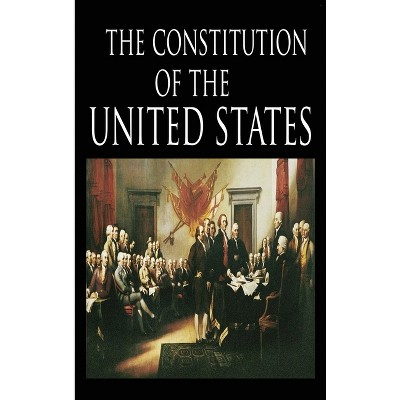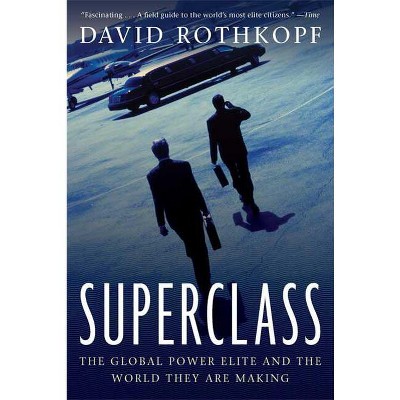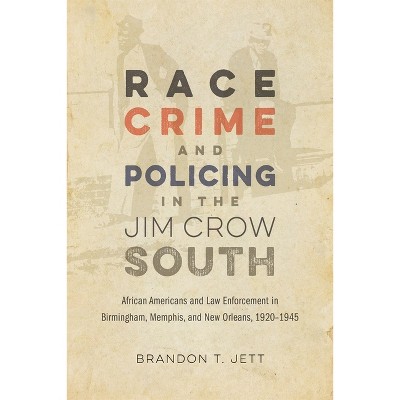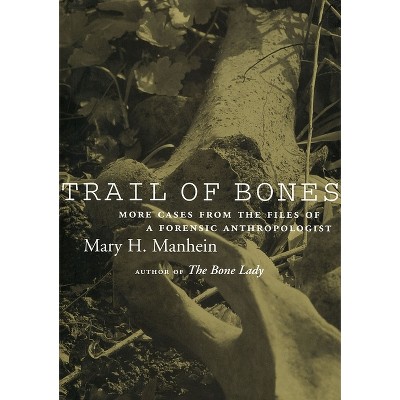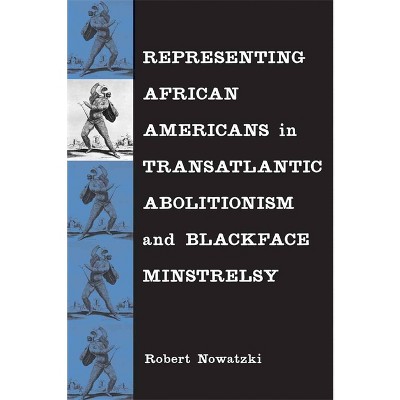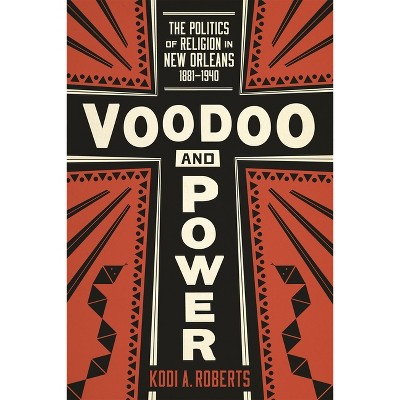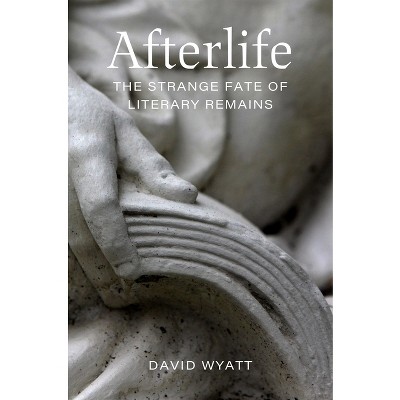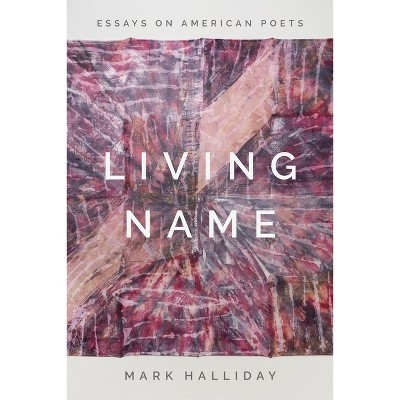Sponsored

American Populist - by Thomas E Patterson (Hardcover)
In Stock
Sponsored
About this item
Highlights
- Thomas E. Patterson's monumental biography of Huey Long is a profound reevaluation of his life and legacy, recognizing him as an inspirational progressive thinker, populist hero, and radical influence on the New Deal before an assassin's bullet ended his life in 1935.
- About the Author: Thomas E. Patterson is a Chicago attorney and founder of the Patterson Law Firm.
- 704 Pages
- Biography + Autobiography, Historical
Description
About the Book
"Thomas Patterson's monumental biography of Huey P. Long covers his life from birth to death, the conditions of the nation and Louisiana during his life, his childhood and family environment, and his career in sales, law, and politics. Long transformed the politics of his state, shifted the burden of taxation to those better able to pay, revamped Louisiana State University, and influenced national policies during the Great Depression before an assassin's bullet ended his life. Nonetheless, many of those familiar with Huey Long understood him as a caricature: he was a genius and a spellbinder, but a dictator, a demagogue, unprincipled, corrupt, and a menace. Separating myth from fact, Patterson suggests that Long was a genius but is more easily understood than commonly thought. Long was also a speaker of compelling eloquence who commanded attention. Using his words, Patterson explains his ideas, how he came to have them, how he expressed them, and how they related to the conditions and ideas of the era. After seventeen years in state politics (1918-1935), Long obtained unprecedented power in Louisiana, but along the way, he was indicted, impeached, and defeated in the legislature. He represented the majority of voters, most of whose interests the state had previously repressed or ignored. When Long campaigned, there was no apathy in Louisiana elections; the vote meant something. Long removed suffrage restrictions so that more people could vote, and they endorsed his program of expanded government services. Franklin Roosevelt fostered the idea that Long was a dangerous menace and unprincipled in national politics. According to Patterson, the facts make Roosevelt's accusations impossible to take seriously. Instead, he suggests that Long was one of the most consistent politicians of all time, advocating wealth redistribution throughout his life, in good times and bad. His fights with other politicians were motivated first by ideology. He took significant risks when advocating his programs. Nothing in his program would have menaced the country. Many viewed Long's proposed "Share Our Wealth" program as a crackpot idea and unworkable scheme, proposed only to get votes during the Great Depression. Patterson suggests that while the proposed program had flaws, spending during World War II shows that it could have provided Long's promised benefits and defeated the Great Depression. The same is true for Long's proposals for expanded public works, increasing the money supply, insuring bank deposits, paying old age pensions and veterans' benefits, providing a minimum income for families, and supporting college educations, all of which politicians and political commentators derided. Long's ideas were far more advanced than the orthodox economic ideas of the 1930s or the ill-fated National Industrial Recovery Act proposed by President Roosevelt. Overall, Patterson's reevaluation of Long acknowledges his shortcomings but recognizes him as a progressive thinker and powerful influence on the New Deal"--Book Synopsis
Thomas E. Patterson's monumental biography of Huey Long is a profound reevaluation of his life and legacy, recognizing him as an inspirational progressive thinker, populist hero, and radical influence on the New Deal before an assassin's bullet ended his life in 1935. First as governor and then as U.S. senator, Long transformed the politics of Louisiana by standing for the interests of citizens whom state officials had historically ignored. He eased suffrage restrictions so that more people could vote, and voters endorsed his program of more robust government services and shifting the tax burden to those better able to pay. In the United States Senate, during the darkest days of the Great Depression, he advocated loudly and ceaselessly for the redistribution of wealth, expanding public works, increasing the money supply, insuring bank deposits, paying old-age pensions and veterans' benefits, delivering a minimum income for families, and funding college and vocational education. President Franklin D. Roosevelt, along with other politicians and pundits, dismissed Long's proposals as nonsense put forth by a reckless demagogue in search of votes.
Despite several biographies, acclaimed novels, and historical studies in the years since Long's death, his reputation today is mostly caricature: a spellbinding speaker, a dictator, a populist firebrand who was unprincipled and corrupt. Using previously untapped personal papers of Long and his son Russell, other primary sources, recent scholarship, and his experience as a lawyer, Patterson provides a necessary corrective as he analyzes the contours of Long's career, deconstructs the elements of his success, undercuts several myths related to his time in office, and explains the circumstances that led to his ultimate downfall. The result is the most comprehensive, balanced, and analytical study of the Kingfish to date.Review Quotes
"In American Populist, Thomas E. Patterson provides a much-needed corrective to most of what has been written about Huey Long. Patterson takes seriously the Kingfish's own words and shows Long to be less of a manipulative, power-hungry, end-justify-the-means demagogue and more of a politician driven by a real concern for those who lacked power and the creator of a viable alternative politics for his time."--Michael S. Martin, author of Russell Long: A Life in Politics
"Patterson's American Populist is a fresh and intriguing biography of Louisiana's most consequential political leader. The author's exhaustive examination of Huey Long's life and career will be controversial, but his appraisal of the Kingfish is worthy of our consideration."--Robert Mann, author of Kingfish U: Huey Long and LSU
About the Author
Thomas E. Patterson is a Chicago attorney and founder of the Patterson Law Firm.Shipping details
Return details
Frequently bought together

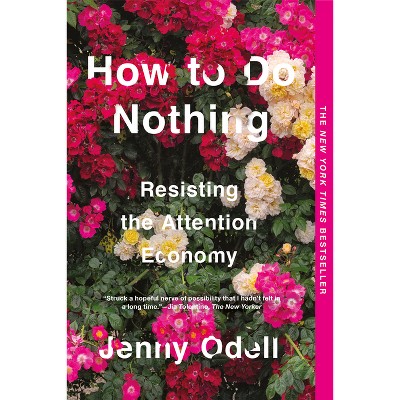

Trending Non-Fiction






